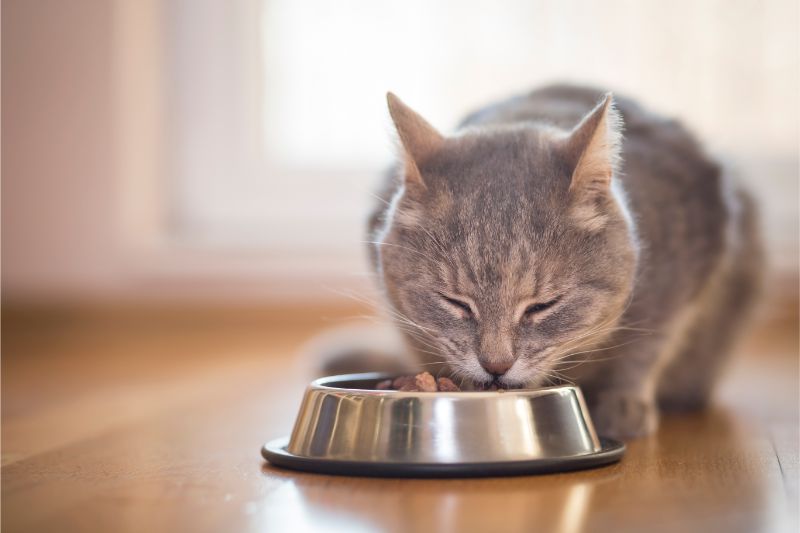Understanding Pet Nutrition
We all know the saying “you are what you eat,” and that is why so many of us take it to heart when it comes to feeding our pets the very best. It can be very disheartening, though, to get to the store and be overwhelmed by the sheer magnitude of choices out there. How is a proactive pet parent to know what the best food is?
When it comes to understanding pet nutrition, you can’t know everything. Your pet experts at Sunrise Boulevard Animal Hospital want you to understand the basics and trust us to help you fill in the blanks when it comes to providing the best pet nutrition.
Learning the Basics About Pet Nutrition
On the surface, pet nutrition is relatively simple. Like all living things, dogs and cats need water, protein, carbohydrates, fats, vitamins, and minerals. Easy, right?
Nutrition, in general, is actually quite a bit more complex, however. Every pet is a unique individual with different needs for optimal health.
Many people turn to the ingredient list on a pet food label to learn about it, but this is subject to manipulation and marketing tactics. It is important to remember that pets need nutrients, not ingredients. Without in-depth knowledge of ingredients, it is extremely difficult, if not impossible, to achieve this.
We recommend choosing pet foods that have a board-certified veterinary nutritionist or Ph.D. animal nutritionist on staff to help develop and oversee the manufacturing of their diets. This ensures that your pet is getting what he or she needs to thrive.
Narrowing Down the Choices
When it comes to selecting a pet food, you can significantly narrow down your options by answering a few questions:
- Do you prefer to buy your pet food at the grocery store? Pet specialty store? Online?
- What’s your budget?
- What life stage is your pet in? (growth, adult, senior, reproducing)
- What size is your pet?
- Does your pet need help to gain or lose weight?
- Does your pet have any medical diagnoses or special needs?
Each pet food bag should bear an AAFCO statement that tells the buyer for which life stages a diet is appropriate (hint: try to choose one that is most specific for your pet, an all-life stages diet is often too broad to be perfect for all pets). The AAFCO statement also lets you know whether the food met adequacy guidelines through formulation methods or feeding trials. We feel that foods that have undergone feeding trials in real animals tend to be superior.
You may also wish to meet personal preferences such as purchasing organic foods. Please make yourself familiar, though, with the legal definitions of some of these advertising terms in pet foods as you are not always buying what you think that you are.
Even after answering these questions, sometimes the choice may not be obvious. Our team knows, though, that the right pet food exists for each and every pet. Please let us know if you need help sorting through the options. We are here to help.

